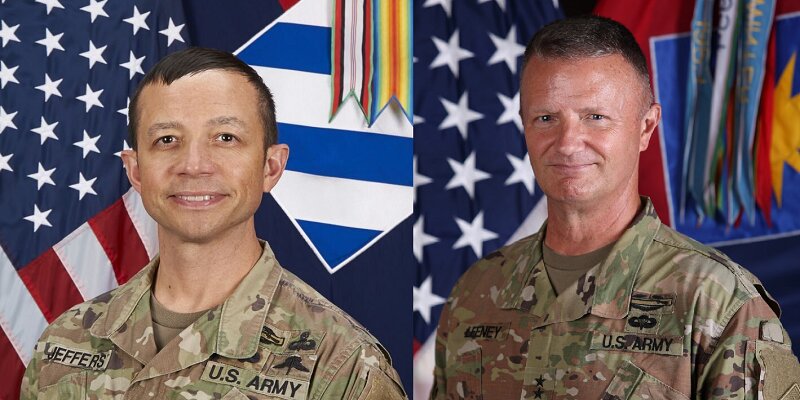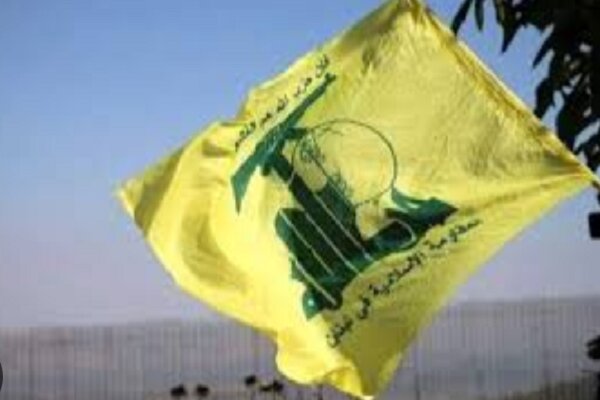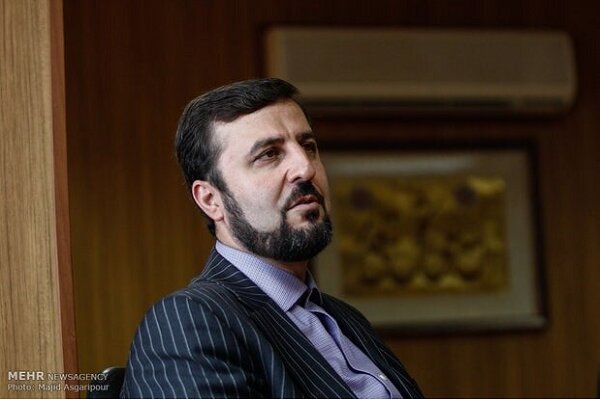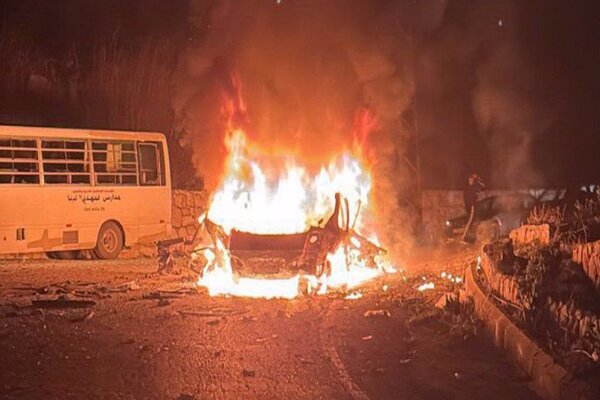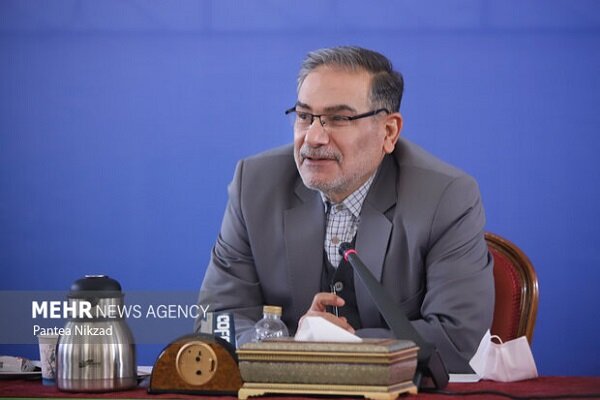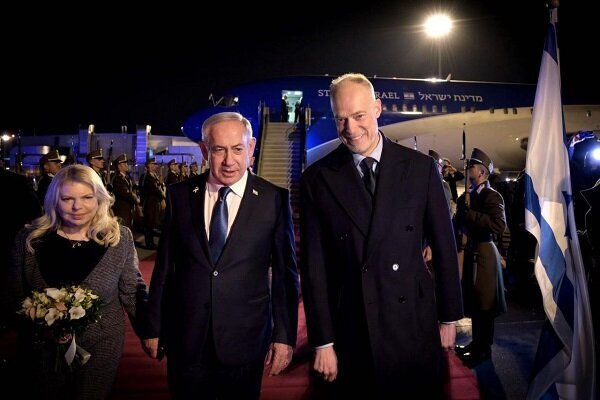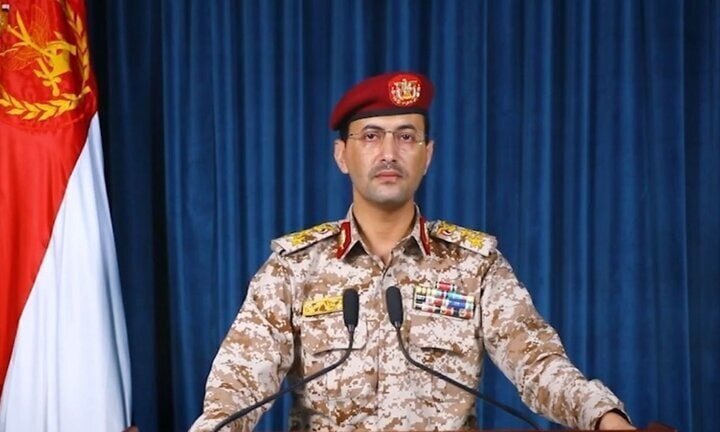Is the Replacement of the UN Resolution 1701 Supervisory Committee Chief a Standard Procedure?
The recent Israeli aggression towards the southern suburbs has reignited tensions in the region, drawing significant attention to the visit of U.S. General Jasper Jeffers. This visit, which has been widely reported by Lebanese media, was primarily a procedural transition rather than a groundbreaking event. The primary focus was on the upcoming replacement of General Jeffers by General Michael J. Lehney, marking a continuation of the U.S. involvement in overseeing the ceasefire agreement in southern Lebanon.
General Michael J. Lehney, a distinguished military leader, brings a wealth of experience to his new role. He is a graduate of the Virginia Military Institute and has an extensive background in various military branches, including infantry, air defense, and armored units. His career highlights include:
- Chief of Staff of the Training, Advice, and Assistance Command in Kandahar, Afghanistan.
- Deputy Chief of Staff for Operations of the 40th Infantry Division in 2019.
- Commanding General of the 40th Infantry Division in 2022.
- Current Commanding General of Task Force Spartan at Camp Arifjan, Kuwait.
Sources have indicated that the replacement of Jeffers was not due to any major issues, as his mission was initially temporary. However, some reports suggest that his departure was influenced by criticism regarding his management of the committee overseeing the ceasefire. This transition comes in the wake of failed U.S. attempts to evolve the committee into a political negotiating body.
Lebanese officials have repeatedly called for the international community to exert pressure on Israel, urging them to cease ongoing violations of Lebanese sovereignty. These violations are seen as detrimental to the operational capabilities of the Lebanese Army. The calls for action also include:
- Activating the committee’s function to address unresolved issues regarding territories still occupied by Israel.
- Resolving matters concerning Lebanese prisoners.
- Demarcating the border to ensure clarity and security.
In light of escalating tensions, there are growing concerns about Israel’s intentions to initiate a large-scale ground operation against Lebanon. This potential military action is often justified by Israel under the pretext of the Resistance’s refusal to disarm. However, international law supports the right of nations to defend themselves, categorizing Israel as an occupier of Lebanese territory.
Amid these developments, there are troubling discussions among some Israeli factions about the potential for Lebanese surrender to threats perceived by Israel. Such suggestions imply a dangerous narrative that Lebanese citizens should relinquish their means of defense and await aggression without recourse. This perspective is met with significant opposition within Lebanon.
Additionally, comments from Massad Boulos, a senior advisor to former President Trump, have suggested that the Lebanese Army should engage directly with the Resistance. However, Hezbollah’s leader, Sheikh Naim Qassem, has reiterated the stance that the army and the Resistance will not engage in conflict against each other. This position emphasizes the importance of unity in the face of external threats.
Lebanese officials are urged to prioritize national interests above all else, rather than aligning with the interests of the United States or Israel. The situation in Syria serves as a cautionary tale, illustrating how Israel exploits the vulnerabilities of neighboring countries to advance its agenda. The prevailing sentiment is that only a strong, unified response can deter such aggressions.
As the political landscape continues to evolve, the upcoming leadership change in the U.S. military presence in Lebanon may have implications for the region. Observers will be closely monitoring how General Lehney will navigate the complexities of U.S.-Lebanese relations, especially in light of the ongoing tensions and the critical issues that remain unresolved.
In conclusion, the dynamics between Lebanon and Israel remain fraught with tension and uncertainty. The international community’s role in mediating these issues is crucial, as Lebanon seeks to safeguard its sovereignty and ensure the security of its citizens against external threats.
